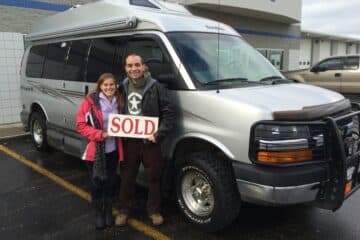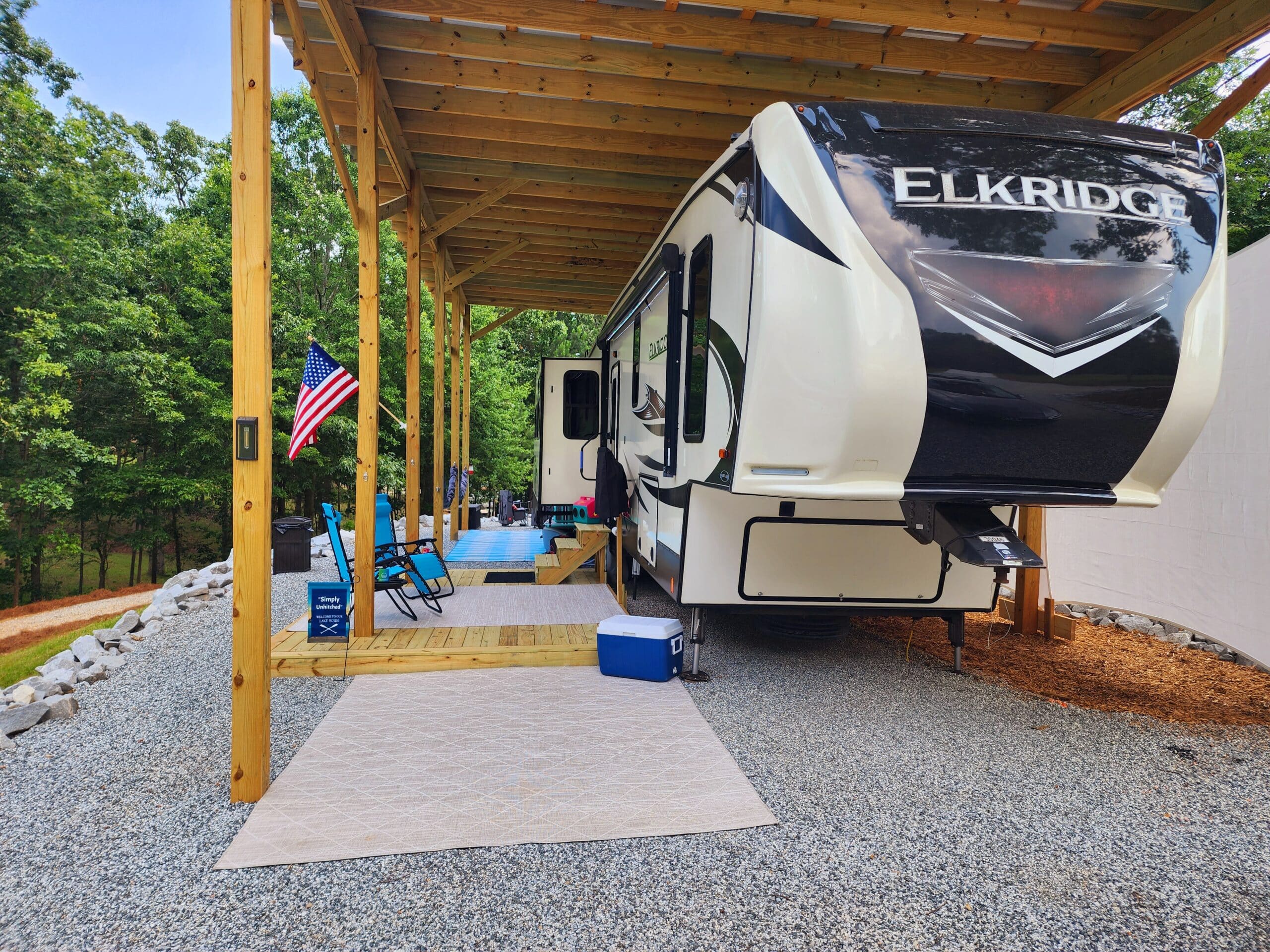
Be prepared for these 11 hidden RV costs
Most RV ads focus on freedom, but be smart and stay prepared for hidden RV costs!
The open road, the wind in your hair, the freedom to explore wherever your heart desires – owning an RV paints a picture of pure adventure. But there’s another definition of RVing: “Fixing things in beautiful places.”
Sure, you’ve probably budgeted for the purchase price and maybe campground fees. But what about the silent predators waiting to drain your wallet? Here are some often-overlooked RV costs to prepare for.
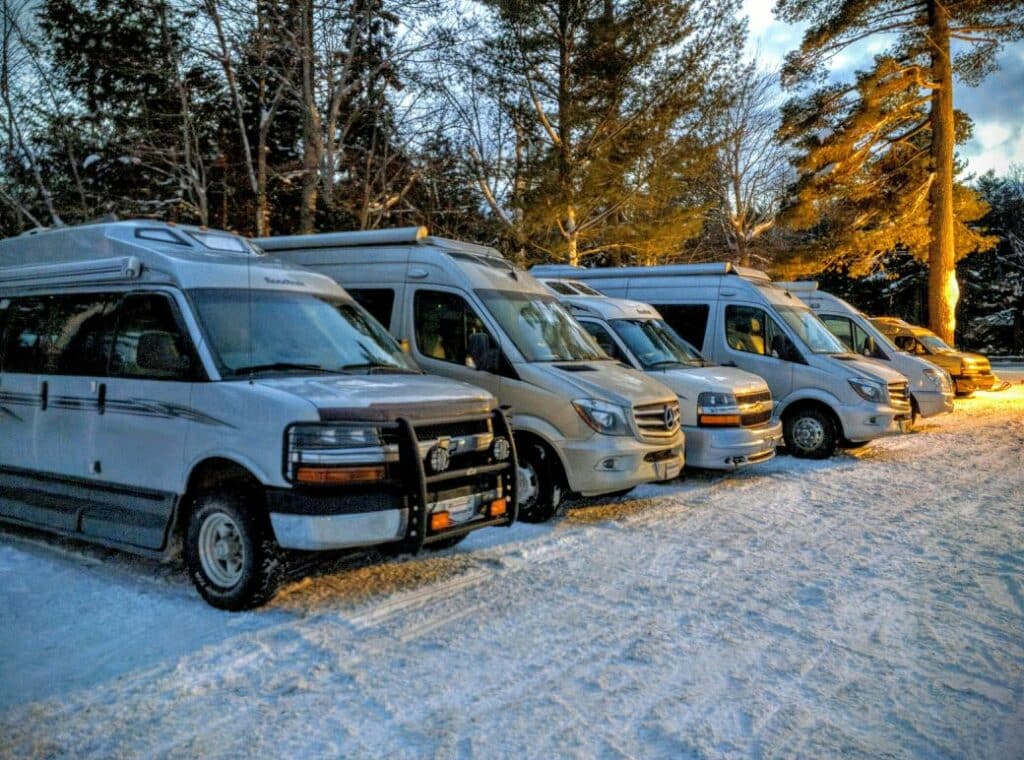
1. Taxes
That final price you negotiated is never really final. There are sales taxes, registration fees, dealer costs, and more to add to the bottom line. Factor this in when deciding how much you can pay on a monthly loan.
2. Essential towing equipment
If you’re towing a trailer, you’ll need to factor in the cost of a hitch and possibly a sway-control and weight distribution hitch. While not expensive compared to the cost of your rig, they aren’t cheap, either. If you tow a trailer, you’ll need a vehicle large enough to haul it safely. If you’re driving a motorhome, you may need to tow a smaller car for day-to-day trips from your campsite.
3. Fuel
Whether you have a trailer or a motorhome, RV costs will include gas or diesel to power an engine. The more you travel, the more fuel you need. Remember the selling point the salesman made about the extended range of a huge fuel tank? Be prepared for sticker shock when it comes time to fill it up at the fuel pump! You can reduce this cost by staying put for extended periods, but that doesn’t work for everyone’s schedule or travel style.
4. Maintenance
Unlike your trusty sedan, RVs are complex systems with plumbing, electrical, and mechanical components prone to wear and tear. Plus, you’re essentially driving your home through a hurricane during an earthquake every time you take it down the road. And, of course, you have to factor in regular maintenance as time and mileage add up. Along with unexpected repairs that can leave you stranded, you must be ready for the routine and sometimes hefty RV costs.
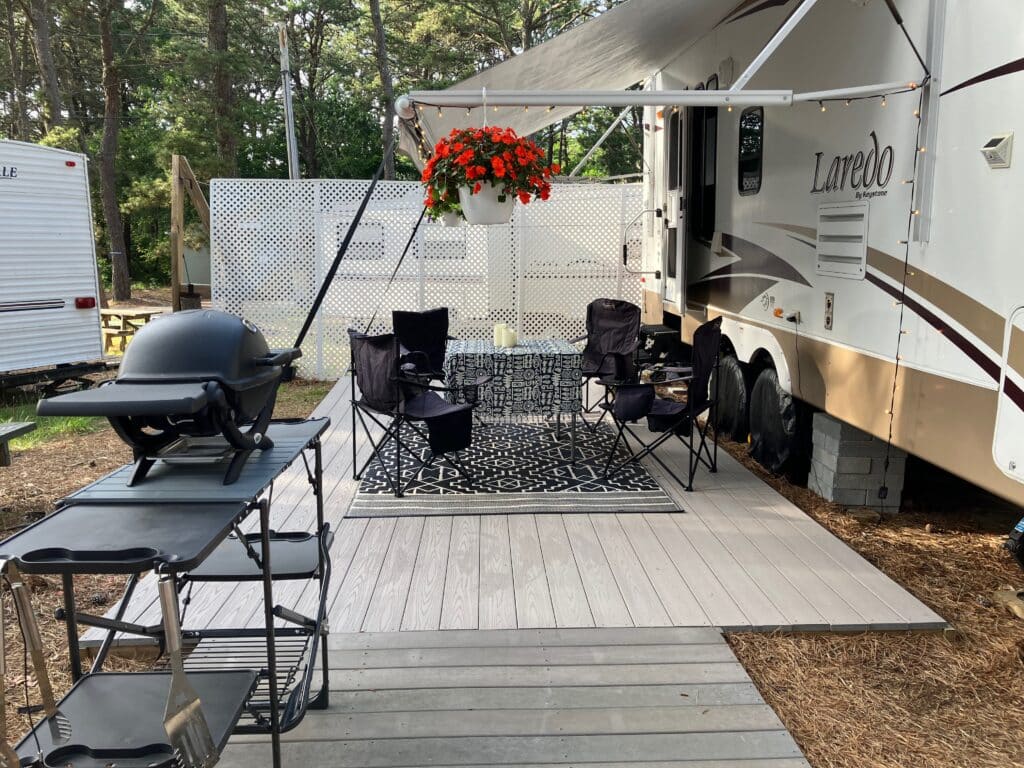
5. Insurance
RVs require specialized insurance that can vary significantly depending on size, value, and usage. If you travel in your rig for more than six months each year, most insurance companies will recommend you have “full-timers insurance.” Also, you’ll want to spend more to ensure you have the total replacement value of the rig and its contents in case something catastrophic happens. That’s much better in the long run than saving a few monthly dollars to lower your coverage limits. Don’t underestimate the impact this cost can have on your budget for RV costs.
6. Storage
Storing your rig can add to annual RV costs unless you have a spacious driveway or live-in campsite. Indoor facilities offer protection but come at a premium. At the same time, outdoor options might expose your beloved vehicle to the elements. Either way, you may need to budget more money to have your rig sit somewhere between trips.
Related: How to Prep and Store Your RV for Winter
7. Campgrounds
While boondocking (free camping) is an option, most RV adventures involve campgrounds with nightly fees that can add up quickly. You can save some money by staying at state or national parks or limiting your stays to less-exclusive RV parks. But RV costs can soar if you prefer a resort with all the amenities like full hookups, showers, laundry, pools, etc. Also, many RV parks require you to pay electricity separately from the site fee, so those fancy new 50-amp rigs with all the bells and whistles could become electric budget hogs before you realize it.
8. Gremlins
From surprise propane refills at a time when per-gallon costs are high to generators malfunctioning when you need them most, unforeseen expenses love to lurk around every corner in an RV. Or what if your motorhome or tow vehicle needs to be in the shop for repairs? That means additional expenses, including hotel rooms and restaurant meals. That means preparing for the unexpected and setting aside an emergency fund to avoid getting waylaid by these gremlins.
9. Upgrades
From solar panels to awnings, from larger battery packs to the latest water filtration, customization options for RVs are endless. Watching what others have when scrolling social media can lead to quite a list of things you “need.”

While tempting, remember each upgrade adds to the overall cost and complexity of your RV. Or you may want to renovate your RV to make it feel more “homey” to you. Do you know what that will cost?
Read Next: How Much Does an RV Renovation Cost? (+ How to Save Money!)
10. Depreciation
Unlike a house, RVs depreciate rapidly, losing value when you drive them off the lot. Consider this hidden cost when calculating your long-term financial commitment. If you decide a rig isn’t right for you or RVing isn’t what you expected, turning around and selling an RV can result in a financial hit to your budget.
11. Tourism tickets
If you’re going to travel across the U.S., you’ll likely find plenty of tourist stops along the way that you’ll want to check out. Factoring admission prices into RV costs can help you plan to enjoy your time in new areas. This is an easier one to avoid because you can skip these stops—but there are bound to be some things you just HAVE to see!
11 Hidden RV Costs
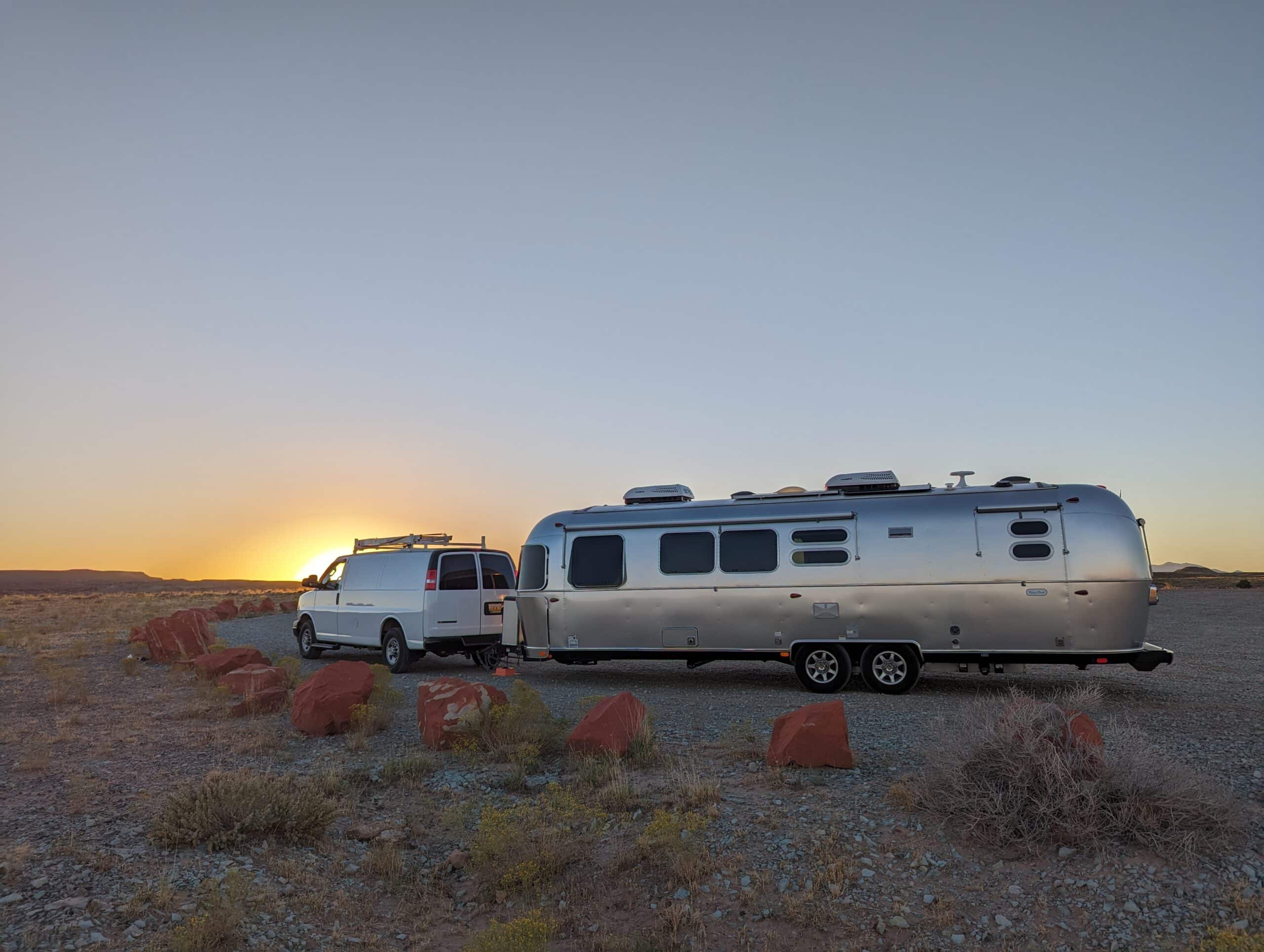
Even after considering all the RV costs, we still highly recommend RVing! You just have to go into it with your eyes wide open. If you’re ready to invest, consider buying a used RV to address cons like depreciation.
Shop beautifully renovated used RVs for sale on our marketplace.
Read Next: How much does full-time RV living cost? Real numbers from real travelers!


